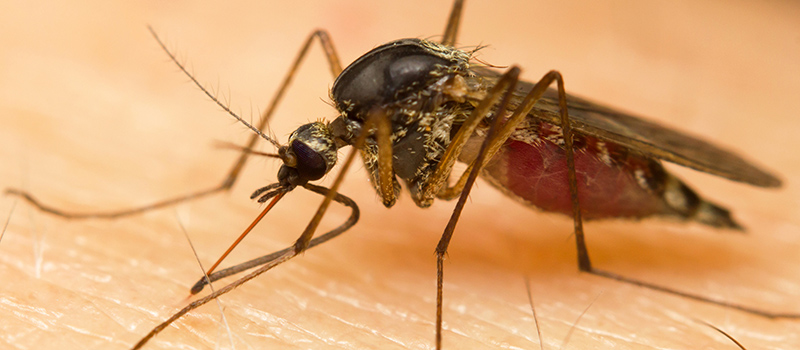
Have you ever wondered where mosquitoes go during winter? Why are there more of them in warmer seasons?
Mosquitoes are annoying, for the most part. They cause discomfort and a tinge of pain. However minimal that may seem, it’s important to remember that mosquitoes are diseases carriers. That’s why it’s best to do what you can to prevent an infestation. Other than consulting mosquito and tick control services, there are other ways to protect yourself at home. But before coming up with a plan, here are some things you should know about mosquitoes.
Mosquitoes during Fall
Before getting to winter, let’s find out where mosquitoes hang out.
Like many insects, mosquitoes’ lifespans are short, specifically the males’. On average, male mosquitoes live up to seven days only with plant nectar as their means of sustenance. Safe to say, these mosquitoes don’t make it to fall since eggs usually hatch in warmer times.
Meanwhile, female mosquitoes can live up to at least five months. They also take plant nectar but need to feed on blood to nourish and develop their eggs. As colder months approach, female mosquitoes look for places to hibernate and wait out winter.
Where Do They Go During Winter?
During winter, they’re finally in hibernation. Mosquitoes are cold-blooded and don’t feed in temperatures below 50 degrees Fahrenheit. Mosquitoes are active all year in tropical environments. Meanwhile, those in temperate environments become dormant and hibernate to survive as the cool weather takes over.
That’s right. They hibernate like other animals during winter. During this time, female mosquitoes will enter hibernation in animal burrows, hollow logs, or any other nook and cranny they can get to until spring comes.
Some mosquitoes lay eggs in winter. These eggs are often hidden under ice and hatch as water temperatures rise in the spring. Meanwhile, other species live through winter in a lethargic state.
Can They Still Lay Eggs in Winter?
As one might deduce by this time, female mosquitoes will be busy hibernating. Other than that, anything that can accumulate water must be taken care of because mosquitoes need water to breed. There wouldn’t be much stagnant water for them to lay on, plus the temperature isn’t favorable. Mosquitoes spend their larval and pupal stages in water. For winter hardy eggs, they’re in the water, just waiting for spring.
Just remember that as temperatures go down, stagnant water is the last place adult female mosquitoes will be. As mentioned, they’ll be hibernating.
Preventive Measures
One shouldn’t rely on the seasons alone to rid themselves of mosquitoes. Extra measures and practices at home should be put into place. Here are some tips that will help.
Clear Up Clutter and Dispose of Anything that Can Accumulate Water
From clogged roof gutters to birdbaths and other water-holding containers in the yard, clear out any potential breeding site for mosquitoes. Add chlorine to your pool regularly, empty any watering cans and gardening equipment that has water, and drill holes to containers that are usually put outside, like recycling bins.
Extermination
Have exterminations regularly and/ or when needed. The recommended schedule for mosquito treatments is every three to four weeks. Exterminating them doesn’t necessarily mean that they’ll be gone after one time. They will keep coming back, especially in tropical areas where it’s warmer. The best time for fogging is at dusk, when adult mosquitoes are most active and looking for food.
Bring Mosquito Repellent
It’s recommended that you use mosquito repellent, too, even while doing other preventive measures. There’s nothing wrong with a little more security.
Getting mosquito bites may be aggravating, which is reason enough to use a mosquito repellent. It isn’t just preventing discomfort. It’s also beneficial to your health.
Mosquito-repellent Plants
Plants are great for both function and beautifying a space. Some lovely lavenders or marigolds can do the trick! Even the basil and thyme you have for dishes will do. Maybe plant some citronella in your garden too. Citronella is often used as an ingredient in mosquito repellents. That says a lot about how effective it is!
It is critical to avoid breeding at all costs, so have efficient mosquito control methods in place. Not just during mosquito season but throughout the year, especially since certain mosquitoes carry illnesses. It’s best to be cautious.
Leave a Reply